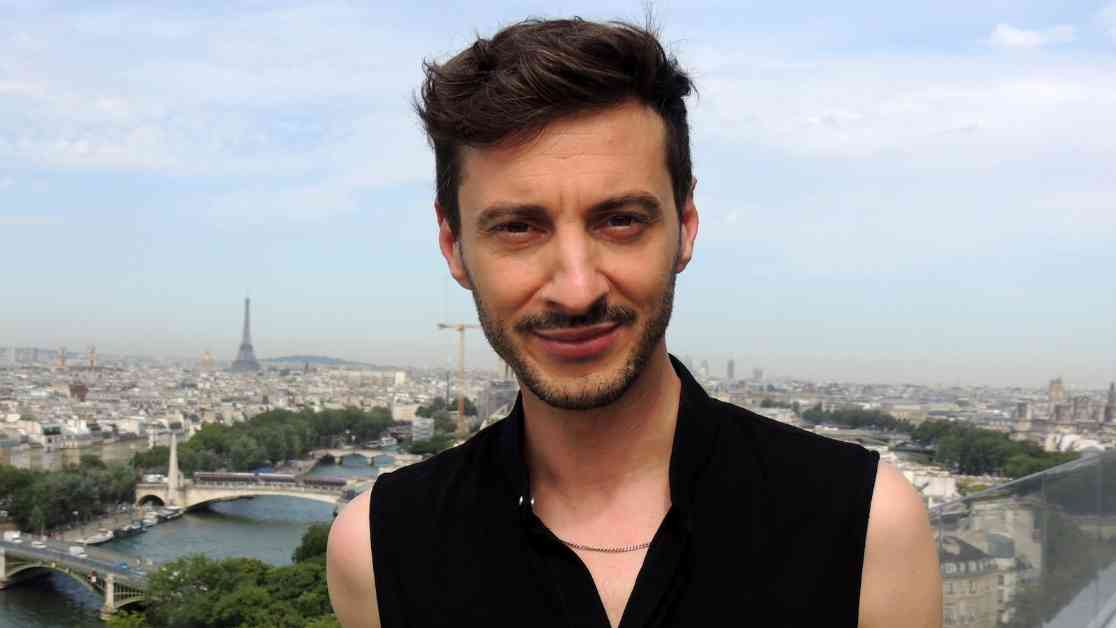French authorities have charged seven individuals in connection with cyberbullying directed at Thomas Jolly, the artistic director of the Paris Olympics’ opening and closing ceremonies. The online attacks began after Jolly’s groundbreaking opening ceremony in July, which featured a queer-inclusive and high-energy performance. The cyberbullying included homophobic and antisemitic slurs and was aimed at silencing Jolly’s artistic vision.
Jolly responded to the abuse by filing a formal complaint, leading to the arrest of the seven individuals, who range in age from 22 to 79. They face serious charges such as death threats, aggravated insults, and cyberbullying, which could result in prison time and hefty fines.
The opening ceremony, which showcased French diversity and included performances by LGBTQ+ icons like Celine Dion and Lady Gaga, received both praise and backlash. Some criticized Jolly for including scenes that were interpreted as disrespectful, such as a moment resembling the “Last Supper.” Despite clarifying that any resemblance was unintentional, Jolly faced continued backlash from far-right politicians and religious figures worldwide.
Jolly defended his artistic vision, emphasizing that the show was meant to celebrate diversity and inclusivity, not offend any religious beliefs. He distinguished between constructive criticism and discriminatory attacks, stating that criticism is essential to his work, but discrimination crosses a line into criminal behavior.
Support for Jolly has poured in from the artistic community, with fellow performers like Barbara Butch and Nicky Doll, who were also targeted in the cyberbullying campaign, standing in solidarity with him. Drag queen Paloma and Drag Race France winner Le Filip highlighted the importance of the ceremony in promoting inclusivity and representing France on a global stage.
The prosecutor’s office underscored the severity of the charges, noting that the cyberbullying case reflects a disturbing trend of online hate speech directed at prominent individuals. The arrests are seen as a significant step in combating cyberbullying in France, particularly in cases where attackers engage in coordinated harassment to silence voices of diversity and inclusivity.
The seven accused individuals are scheduled to appear in court on March 5, highlighting the legal consequences of cyberbullying and the importance of protecting individuals from online abuse. This case serves as a reminder of the need to address cyberbullying and hate speech in the digital age, where such attacks can have far-reaching and damaging effects on individuals and communities.








